A childhood frustration of mine was always being told what to do. Parents, teachers, baby-sitters, and grown-ups in particular get to make all the rules and as a child they seemed unfair. As an adult I see the need for rules, structure and guidelines, but as a child it seemed the rules were there to punish kids. I’m sure as parents you’ve heard the statement “Well, when I grow up I’m not going to ___”. Struggling against rules and limits is a natural part of childhood and helps in gaining autonomy. But it can create conflict within the family.
So what then shall we do?
- Get your kids involved in setting rules for the family. Sit down together as a family and come up with rules for the whole family. Now this activity might require some compromise but you may be surprised at how well your kids do in coming up with rules.
- Not only have the kids be involved in setting rules but have them offer suggestions for consequences if rules are broken. Again, you may be surprised at their ideas.
Both rules and consequences have to be agreed upon by both parents.
By having your kids be involved in setting the rules, you may find that they take more care in abiding by the rules.
Additionally, by having the consequences already set for the rules it will take the pressure off yourself in coming up with a consequence when rules are broken. In the heat of the moment it is easy to give consequences that aren’t feasible (grounded for the rest of your life). So if the consequence is already set, you don’t have to come up with something on the spot. Plus if the kids have had a say in setting the consequence, they have less opportunity to say “that’s not fair”.
Alternatively, get your kids involved in being part of the solution when they are upset. Don't assume you know what will help them - ask them. Don't just tell them what to do when there is a problem. Listen to them, ask them what they think would help, then offer your advice. Have them consider possible outcomes for their solution, remembering to consider both positive and negative consequences of choices. Remember the Prefrontal Cortex (the problem-solving area of the brain) is not fully formed until early 20’s, so as parents, you have to teach your child how to consider a situation and determine what is a good and fair solution to the problem.
Problem-solving is an important skill for all of us to learn. Getting your child involved in problem solving from an early age, teaches them the importance of expressing their own ideas, giving opinions, and learning how to compromise and work together. It also provides the essential understanding of the need for rules and consequences. These are all valuable skills in becoming a well-rounded individual.
